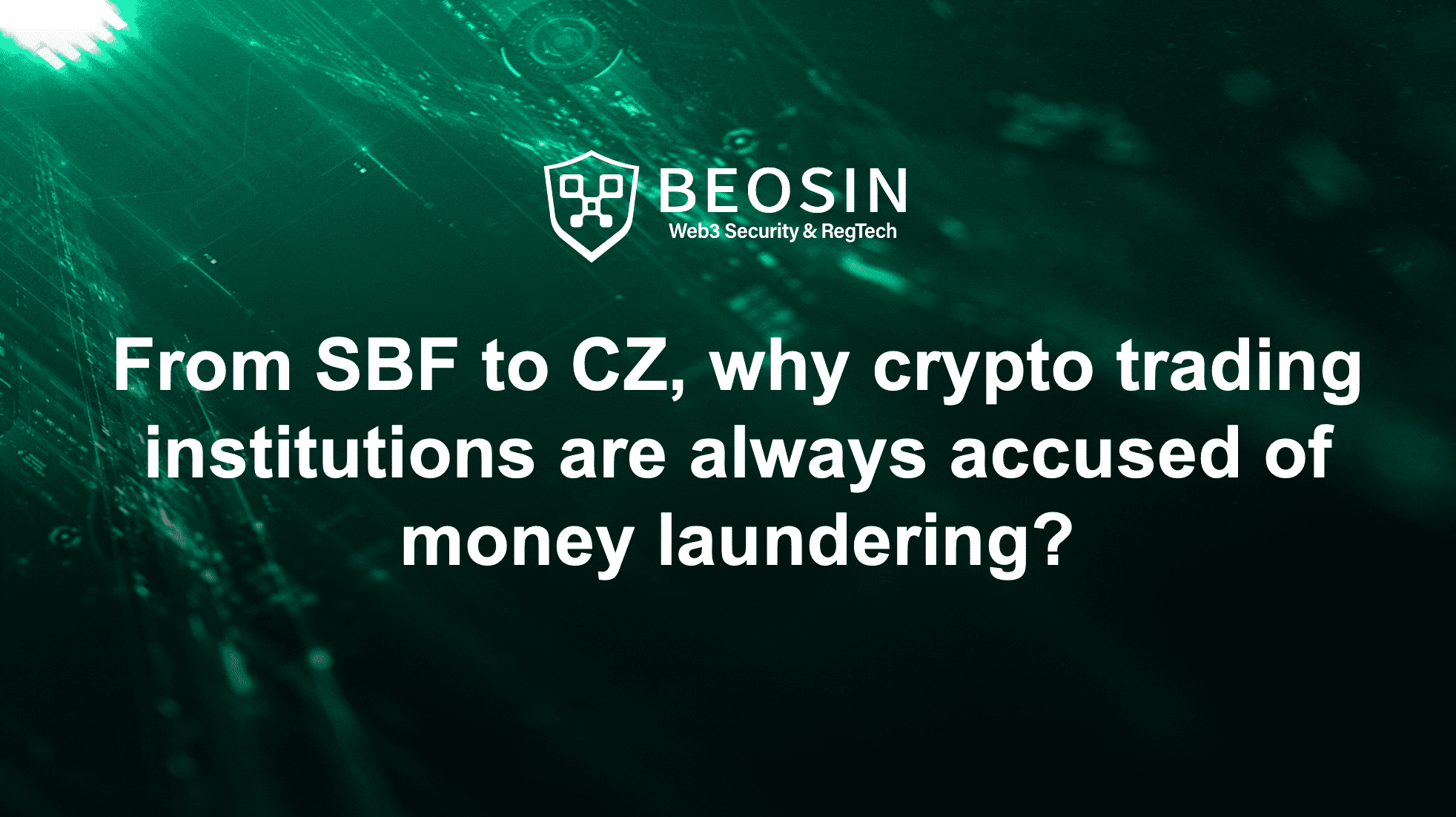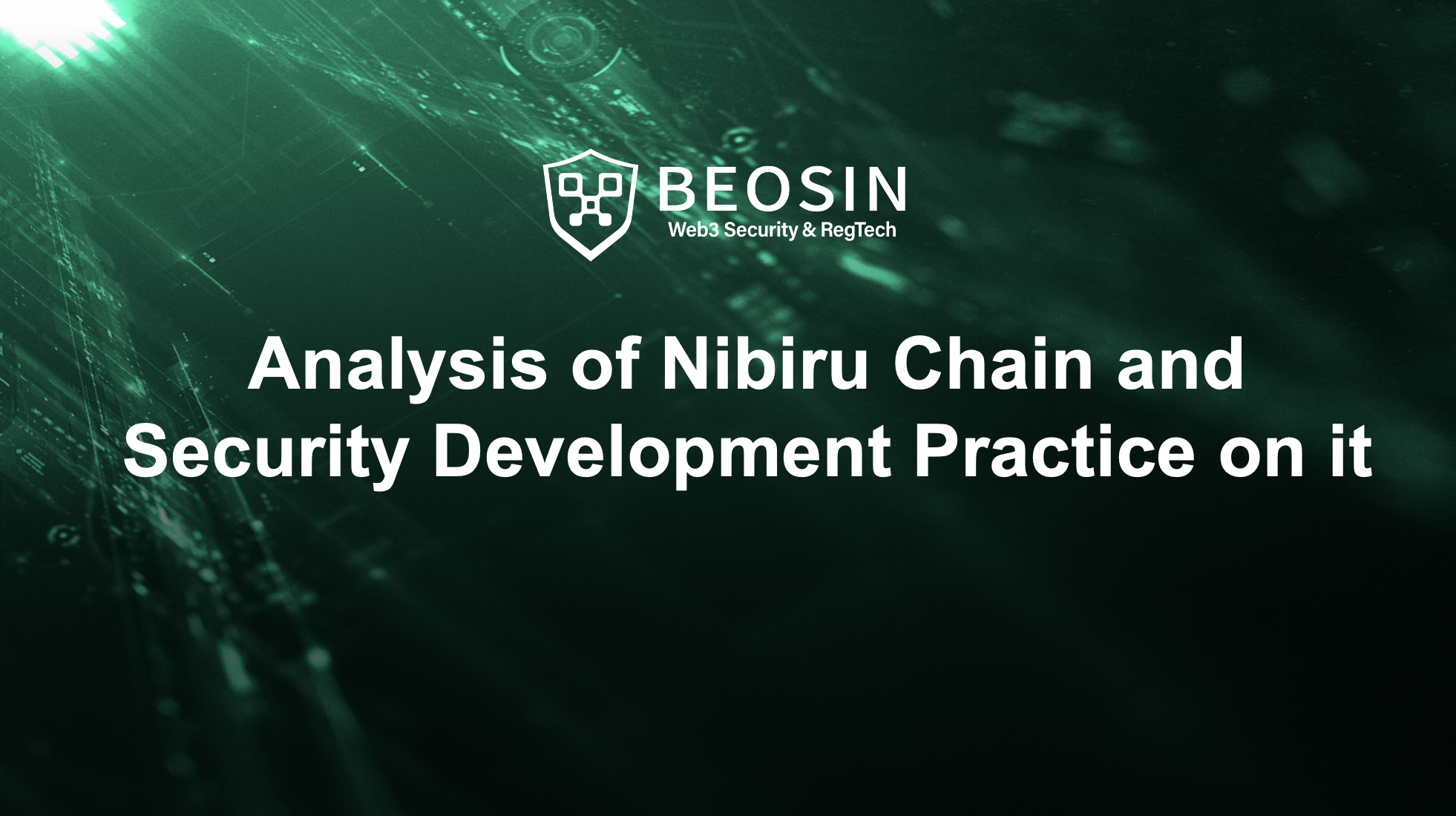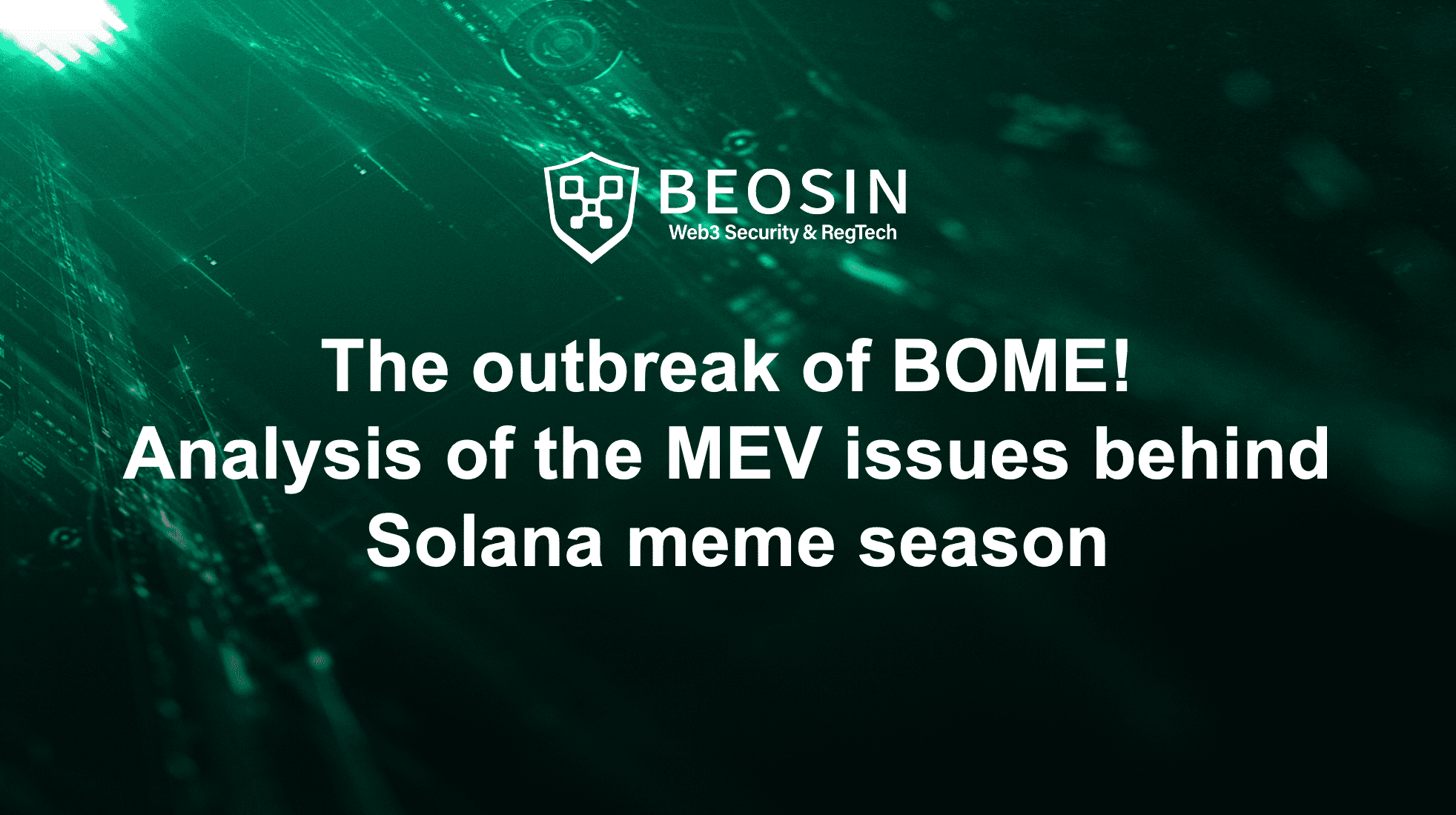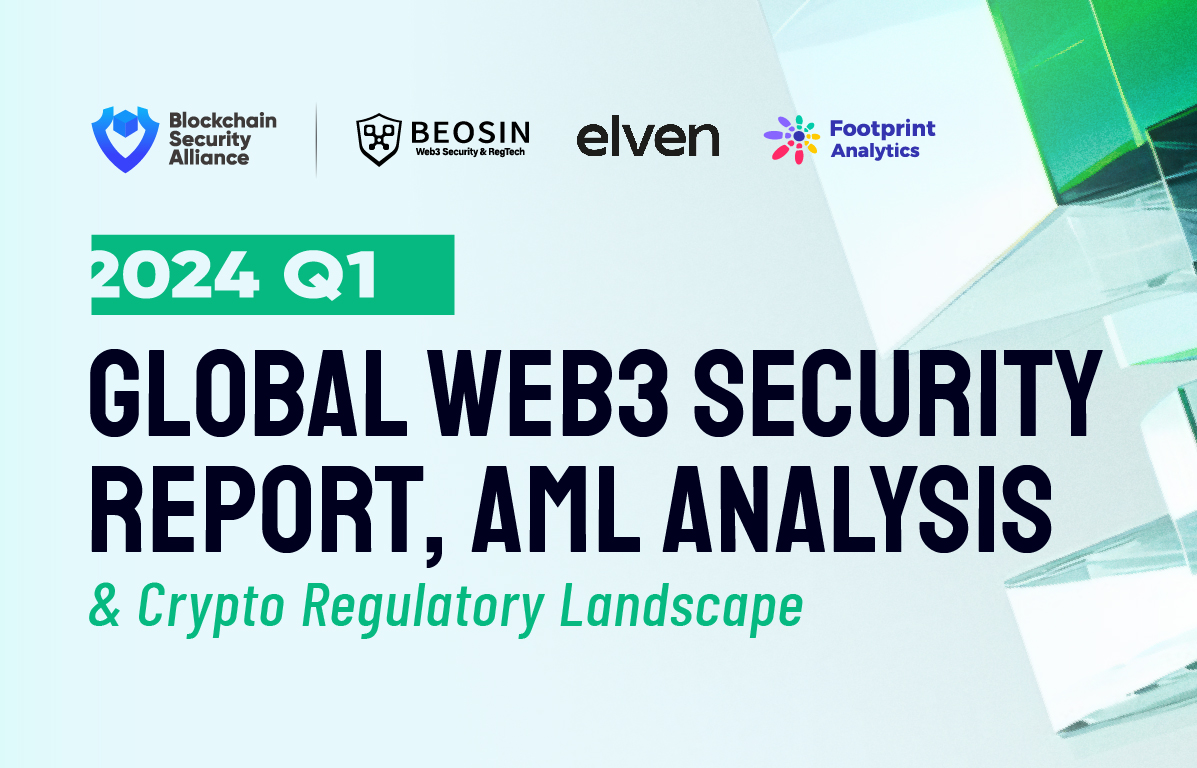March 22, 2024
From SBF to CZ, why crypto trading institutions are always accused of money laundering

Currently, both SBF and CZ are involved in criminal cases involving money laundering charges. Although the term "money laundering" may sound familiar, it has a precise legal definition.
According to the U.S. Treasury Department’s Financial Crimes Enforcement Network, money laundering is “the process by which criminals attempt to conceal the true origin of their illegally obtained funds or proceeds of crime.”
The definition states that the money laundering process typically involves three steps:
First, illegal funds are secretly introduced into the legal financial system. The funds are then moved multiple times via wires or transfers from multiple accounts, creating chaos. Finally, these funds are integrated into the financial system by making additional transactions until the "dirty money" becomes "clean."
Why are the founders of crypto trading institutions from SBF to CZ always accused of money laundering? How do crypto mixers like Bitcoin Fog to Tornado Cash facilitate money laundering? How can virtual asset service providers avoid suspected money laundering transactions and meet compliance requirements? Today we will explain them to you.
From SBF to CZ, why are crypto exchange founders always accused of money laundering?
The U.S. Department of Justice in November 2023 charged Binance with money laundering, operating as an unregistered currency transfer business, and violating sanctions, triggering a massive repercussions across the cryptocurrency space. Binance agreed to pay a $4.3 billion fine, while company CEO Changpeng Zhao (CZ) resigned and pleaded guilty to money laundering to settle the charges.
Changpeng Zhao has agreed to plead guilty to money laundering violations and exit the world's largest cryptocurrency exchange as part of a comprehensive settlement with U.S. law enforcement and financial regulators.
The announcement from the Justice Department, Treasury Department and Commodity Futures Trading Commission comes less than a month after federal prosecutors convinced a jury to find the FTX founder SBF guilty of seven criminal charges, including fraud and money laundering. The jury deliberated , finding SBF guilty of wire fraud, securities fraud and conspiracy to commit money laundering.

From SBF to CZ, why are crypto exchange founders always accused of money laundering?
First, crypto trading institutions have experienced rapid growth and widespread adoption in the past. This growth has attracted the attention of regulators and law enforcement agencies, who have begun to closely monitor activities in the crypto-asset space and intensify their efforts to combat money laundering and other illegal activities. Due to the anonymity and cross-border nature of crypto transactions, they are thought to potentially provide a convenient means for money laundering.
Second, crypto trading institutions are often involved in large amounts of capital flows, which can come from a variety of sources, both legal and illegal. This makes crypto trading institutions a focus of regulatory attention. In some cases, specific crypto exchanges may fail to fully comply with compliance requirements such as anti-money laundering (AML) and know your customer (KYC), or may not have effective monitoring and reporting mechanisms in place, leaving them vulnerable to accusations of money laundering.
From Bitcoin Fog to Tornado Cash, why coin mixers are regulated?
In addition to exchanges, coin mixers are also the focus of supervision. Roman Sterlingov, founder of Bitcoin Fog, was arrested in Los Angeles in April 2021 on charges of running the notorious coin mixer - Bitcoin Fog, which mixed around $400 million of Bitcoin in a decade.
Sterlingov was found guilty of "conspiracy to commit money laundering, inducement to launder money, operating an unlicensed money transmission business and violating Washington's Money Transmission Act."
Law enforcement has recently set its sights on the infrastructure that allows cybercrime to flourish. This year, Pertsev, the co-founder of Tornado Cash , faces a criminal trial for allegedly facilitating more than $1 billion in money laundering transactions.
Documents released on Tuesday showed that Pertsev will go on trial starting on March 26, with prosecutors listing 36 alleged illegal transactions ranging from decentralized protocols to Tornado Cash . For example, after Ronin suffered a $625 million hacker attack in 2022, hackers used Tornado Cash to launder money.

One of the main goals of money laundering is to hide the true source of funds. Coin mixers make it more difficult to track the flow of funds by mixing different users’ crypto assets together. This facilitates individuals who seek to commingle illegally obtained funds with legitimate funds, making them more difficult to monitor and trace.
Second, the operation of coin mixers often involves anonymity and privacy protection. This allows users of mixers to hide their true identities and trading activities, increasing the risk of money laundering activities. Because of the way coin mixers operate, it is difficult for regulators and law enforcement agencies to track and monitor these transactions, making them a potential tool for money laundering. These are all reasons why coin mixers are regulated.
At present, the main reasons why coin mixers are suspected of money laundering accusations include hiding the source of funds, anonymity and privacy protection, lack of compliance requirements, and the existence of some abuse cases. Increased oversight of coin mixers by regulators and law enforcement agencies is aimed at reducing money laundering risks and ensuring compliance requirements are adhered to.
How virtual asset service providers can avoid suspected money laundering transactions?
Virtual asset service providers (VASPs) play an important role in the cryptocurrency ecosystem. However, due to the anonymity and decentralized nature of virtual assets, virtual asset service providers (such as cryptocurrency exchanges, crypto wallet providers, cryptocurrency Asset payment processors, etc.) also face challenges such as anti-money laundering and anti-terrorist financing. Here are some solutions and suggestions:
1. Enforce strict KYC and AML regulations
Virtual asset service providers should require users to undergo comprehensive identity verification and ensure they comply with KYC and AML regulations. This includes collecting user identification information, address verification and other necessary information.
2. Monitor trading activity
Virtual asset service providers should implement real-time monitoring systems to detect and analyze suspicious transaction activity. This includes monitoring information such as transaction amount, frequency, source and destination. Virtual asset service providers can use Beosin KYT to analyze each transaction, rate the transaction, and identify suspicious behavior on the chain, thereby reducing the risk of criminals using virtual assets to launder money.
Beosin KYT can identify suspicious transactions, conduct comprehensive risk assessments, and identify the risks of on-chain relationships through billions of address tags and black address libraries, helping VASPs build KYT (Know Your Transaction) and continuous risk assessment capabilities. It detects risky behaviors such as security attacks, darknet transactions, mixer usage, fraud, ransomware activity, and gambling.
3. Establish a reporting mechanism
Virtual asset service providers should establish a reporting mechanism to report any suspicious transactions or activities through the risk control system. Virtual asset service providers should promptly address these reports and cooperate with regulators in their investigations. Beosin KYT can issue suspicious transaction reports (STR) for virtual asset service providers to help regulatory agencies and law enforcement agencies conduct forensic investigations.
4. Strengthen cooperation and exchanges
Virtual asset service providers should actively cooperate with security companies, regulators and law enforcement agencies to jointly combat money laundering activities. It is foreseeable that criminals will continue to adjust and improve their money laundering strategies to adapt to changes in regulatory measures and AML tools. They may decentralize transactions, use covert transaction routes, or exploit technological vulnerabilities to hide illicit financial flows. Virtual asset service providers should regularly cooperate and communicate with security companies to identify and respond to these changes in a timely manner.
As one of the first blockchain security companies in the world to engage in formal verification, Beosin focuses on the "security + compliance" solution. It has offices in 10+ countries and regions and provides "All-in-One" blockchain compliance products + security services covering Smart Contract Audit, On-chain Risk Monitoring & Blocking, Crypto Tracing, Virtual Asset Anti-money Laundering (AML), and Compliance Assessments to meet regulatory requirements.
Related Project
Related Project Secure Score
Guess you like

Nibiru is about to launch its mainnet. What are its technical characteristics and security development practices.
March 12, 2024

The outbreak of BOME! Analysis of the MEV issues behind Solana meme season
March 22, 2024

Analysis of Blast DeFi Project Munchables Hack
March 28, 2024

2024 Q1 Global Web3 Security Report, AML Analysis & Crypto Regulatory Landscape
April 01, 2024
